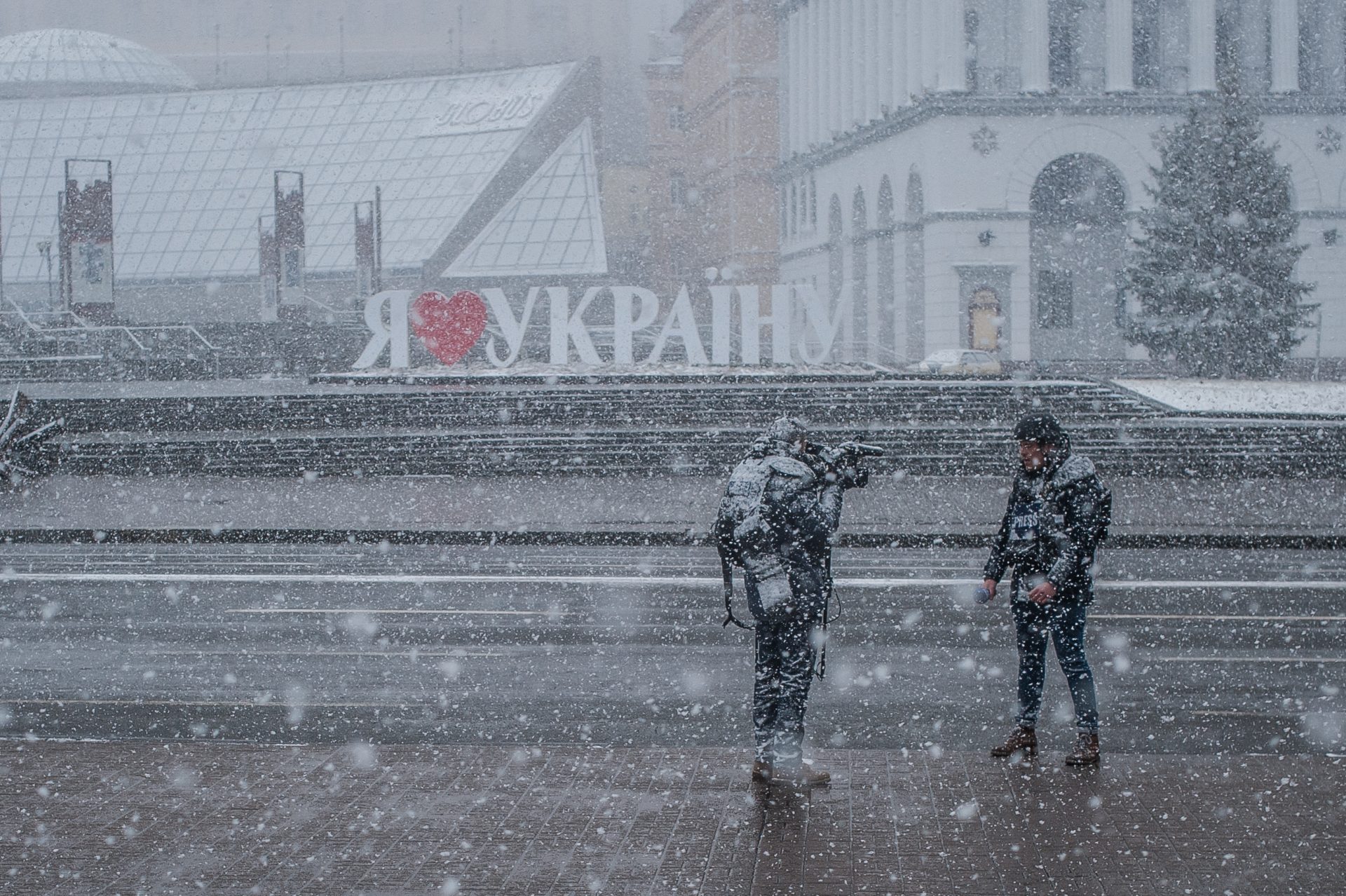The collaborative work of documenting and creating war archives faces several challenges and opportunities at all levels, from practical documentation to forming visions of the future.
- First and foremost, international collaborations imply mobility challenges. Who can come to Ukraine, and who can go abroad? What is the movement within the country like? What kind of expeditions are possible in the war zone or the de-occupied territories?
- International collaborations concern the coordination of different legal and administrative frameworks. How does data storage and transfer function under the GDPR? How can international criminal law use the evidence collected? How can Ukrainian projects apply for grants in other countries? What challenges do projects face when transferring funds internationally? What is the reporting process like?
- International collaborations problematize knowledge production. What challenges and opportunities does the emotional (dis)involvement of participants expose? What is the epistemological value of participants' emotions? Who makes decisions in such projects? What language do they employ? How is their methodological framework formed? Who owns the results of this work?
- Ultimately, international collaborations are about professional everyday life: how do they address security threats or day-to-day difficulties? How do you reconcile different modes of work and expectations of results?
We continue the symposium "The Most Documented War" launched in 2023 to gather initiatives that collect and archive materials about the Russian-Ukrainian war.
This year's focus is on the ethics and practices of international collaborations as one of the key dimensions of the functioning of war documentation and the long-term effects. We propose to reflect together on several topics: how such international collaborations emerged and developed; who joined the war documentation; what are the long-term goals of the collaborations; what facilitates and complicates the cooperation; how knowledge about the Russian aggression in Ukraine is produced and what policies emerge/may emerge from this knowledge in the international dimension.
The program of the symposium will include various work formats: panel discussions, Q&A sessions, networking, workshops, and informal exchange of experience.
We invite you to apply for participation until 25 March.
The organizers will confirm your participation by 5 April. The number of participants is limited.
The project team plans to provide grants to cover travel and accommodation expenses for some participants from outside Lviv.
Working languages: Ukrainian and English (simultaneous translation will be provided during the event).
Organizers:
- Center for Urban History, Lviv
- Documenting Ukraine / The Institute for Human Sciences, Vienna
Partners:
- St Gallen University
Program Committee of the Symposium 2024: Sasha Dovzhyk, Taras Nazaruk, Natalia Otrishchenko
Organizational Team:
- Victoria Panas, producing
- Sofia Andrusyshyn, coordination and logistical support
- Maryana Mazurak, Yelyzaveta Bobrova, communication support
- Oleksandr Dmytriev, Tetiana Dutko, Oleksandr Korman, technical support
- Yaryna Paniv, Tetiana Figel, financial support
Photo: George Ivanchenko // Urban Media Archive of the Center for Urban History


